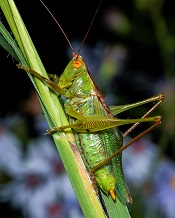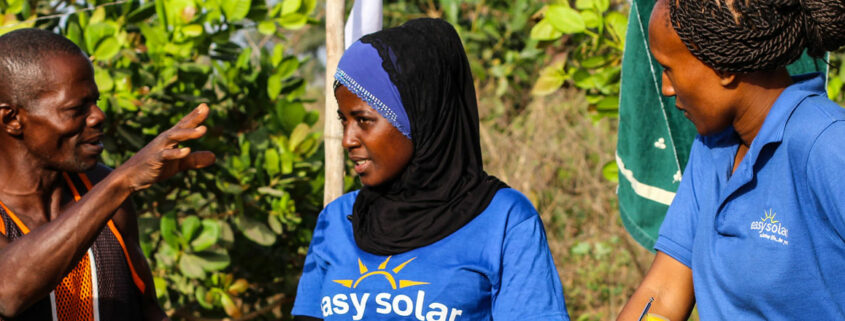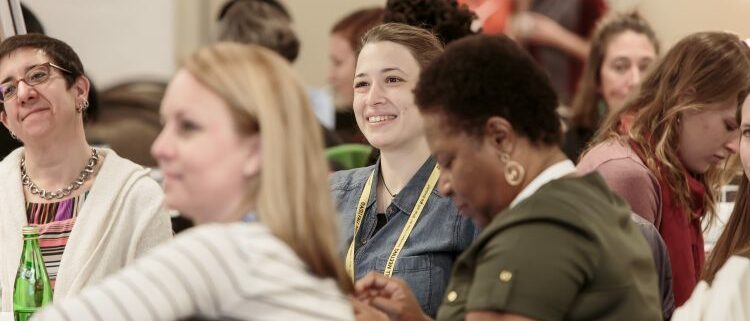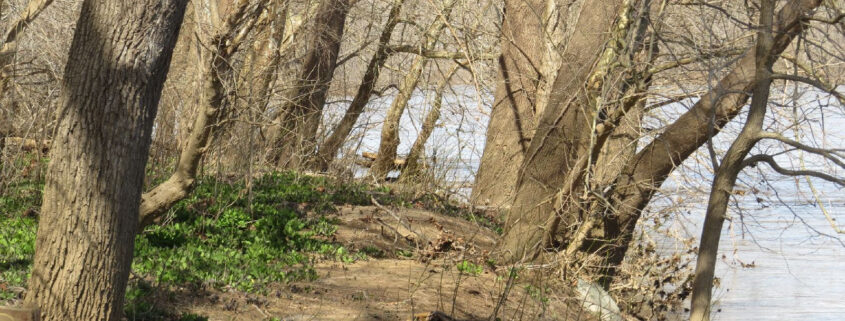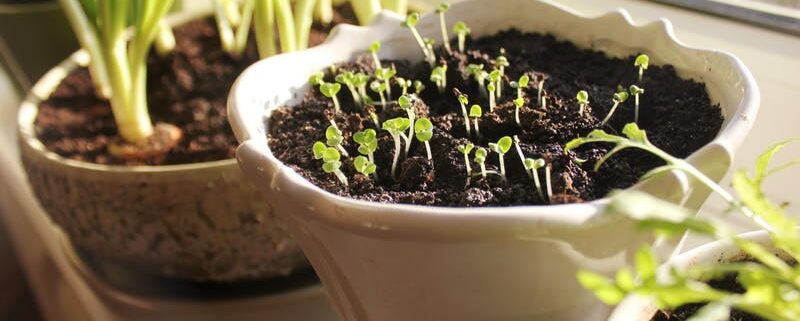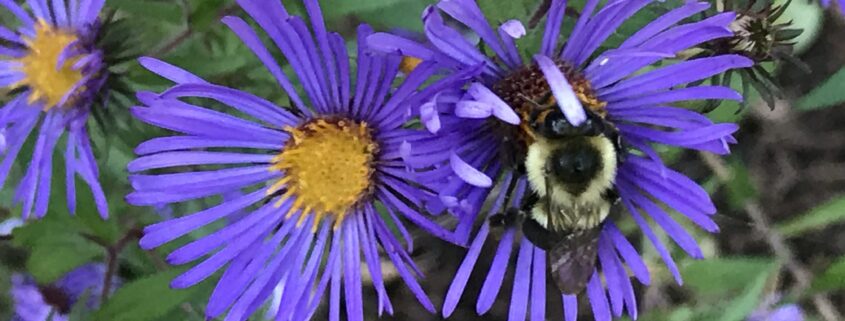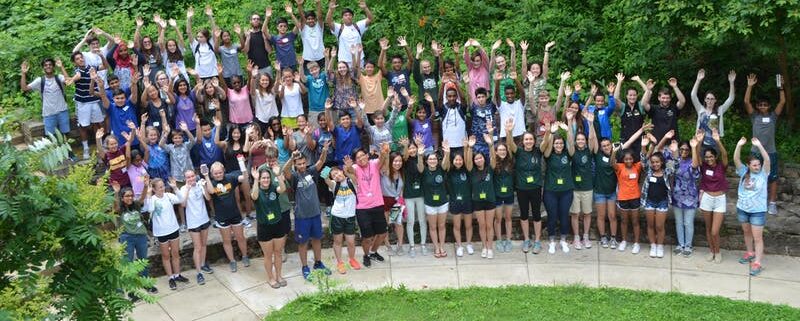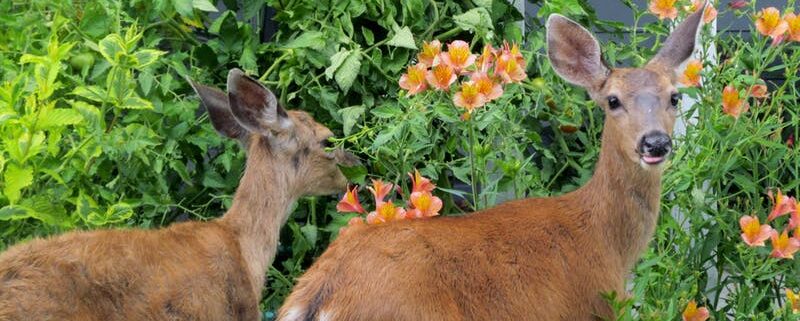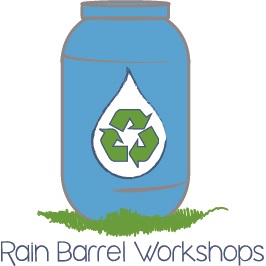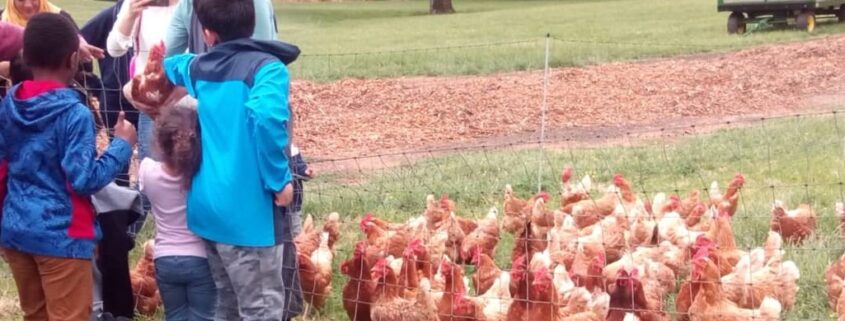The Songs of Insects, A Talk and Walk, September 11th
Norma Hoffman Visitor Center
Huntley Meadows Park, 3701 Lockheed Blvd., Alexandria, VA
Wednesday, 11 September 2019
7 pm
The Friends of Dyke Marsh invite you to a presentation that will explore the world of singing insects using nature images and sound recordings. You’ll learn where to find these insects, how to identify them by looks and songs, how and why they sing, and how you hear their songs. Their speaker will be Wil Hershberger, an avid naturalist, nature photographer, nature sound recordist, and co-author of the book “The Songs of Insects.”
The talk will be followed by a walk, beginning at 8 pm, to listen for singing insects. The number of people on the walk is limited to 20, so if you want to go on the walk please register in advance by sending an email to [email protected]. Registration will be on a first-come, first-served basis. (No registration is needed to attend the talk.)
This program is cosponsored by the Potowmack Chapter of the Virginia Native Plant Society. It is free and open to the public. An informal social, beginning at 6:30, will precede the presentation.


